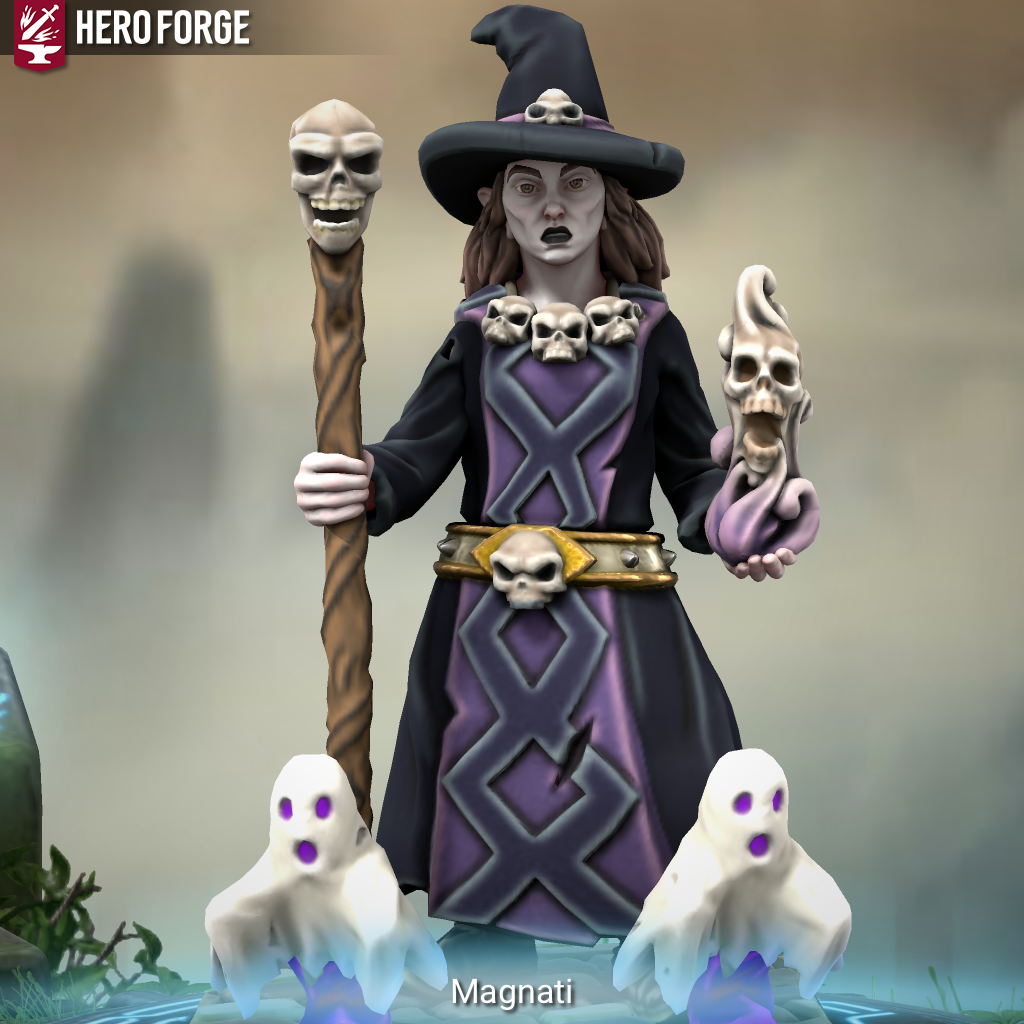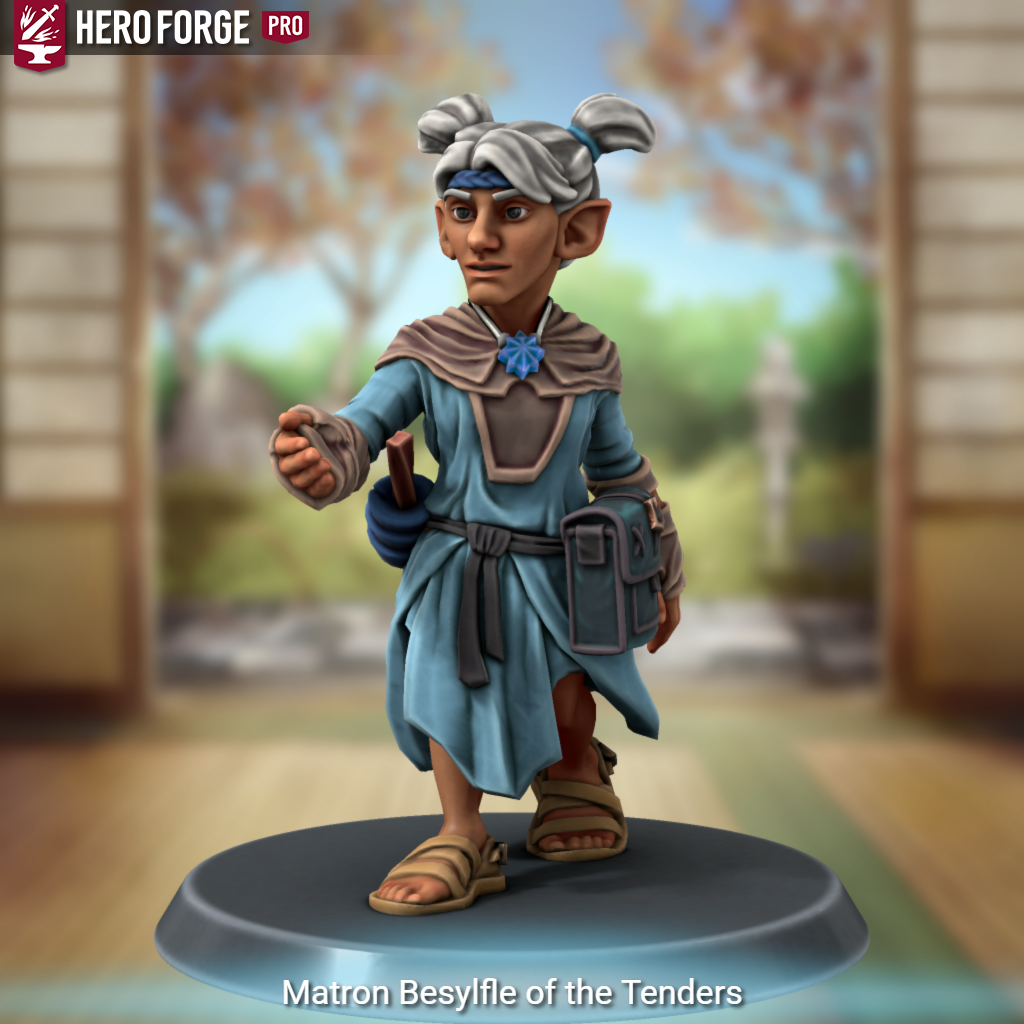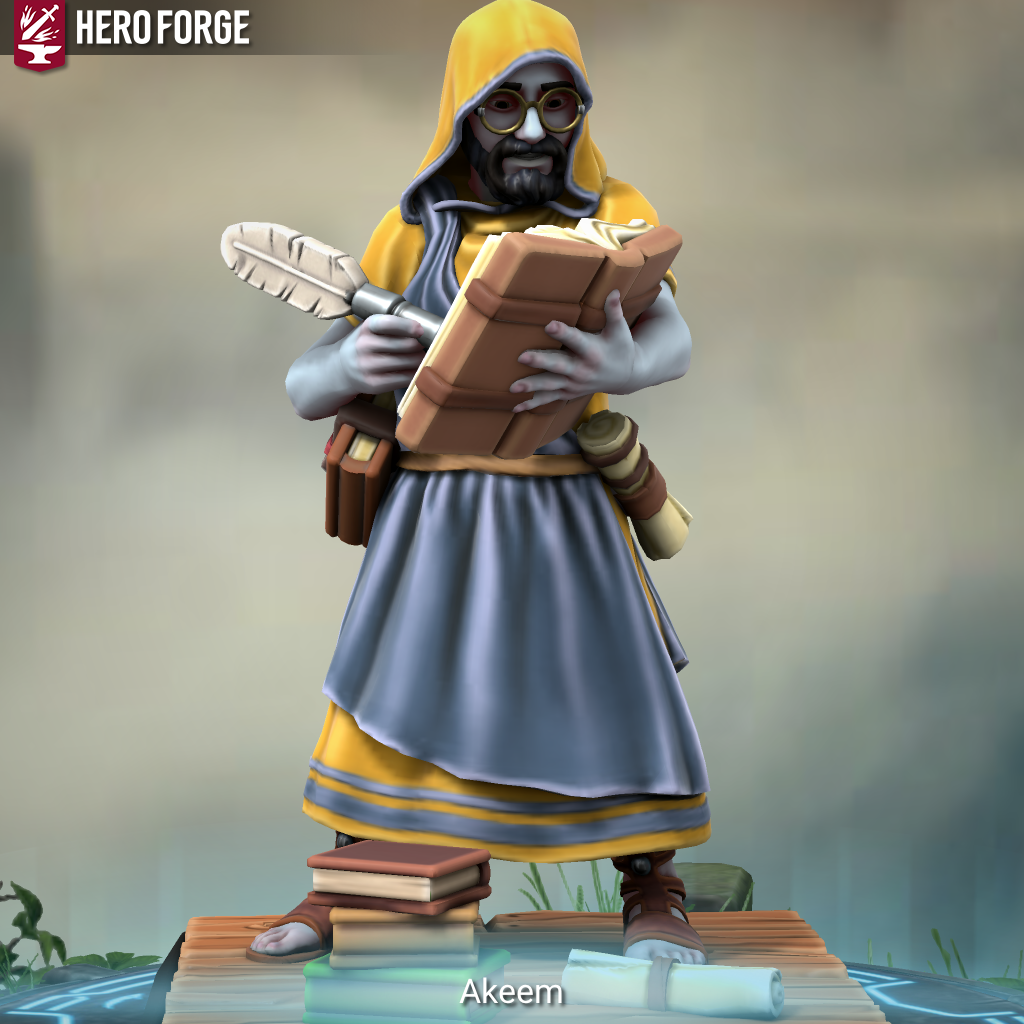zombies
Zombies are the simplest and most basic form of undead known on Scarterra, so they are the most commonly seen type of undead in Scarterra. Zombies are the walking reanimated corpses of dead mortals or beasts that fight at the bidding of a necormancer.
Zombies are not very effective combatants are are usually only dangerous in numbers.
Powerful necromancers, with effort, can create more powerful zombies,
Zombie Tiers
Common zombies are considered tier zero and can be created be easily created by even novice necromancers. More powerful Necromancy rating (divine or arcane) ●● Create tier zero zombies ●●● Create tier one zombies ●●●● Create tier two zombies. ●●●●● Create tier three zombies What do the tiers mean? Here is a tier zero zombie. It shambles and it tries to punch or grapple enemies barehanded. The only thing it's moderately good at is taking hits. Making them good arrow catchers. Tier Zero Zombie Strength 3, Dexterity 2, Stamina 5, Charisma 1, Manipulation 1, Appearance 0, Perception 1, Intelligence 1, Wits 1 Abilities: Brawl 3, Dodge 1 OK, OK, OK, OK, OK, -3, DestroyedThere are several possible zombie upgrades. A zombie with one upgrade is a tier one zombie, a zombie with two upgrades is a tier two zombies, etc. Agility Upgrade: No penalties for fighting armed opponents bare handed. +2 Dexterity, +1 Brawl, +1 Dodge Flying Upgrade: A zombie animated from a creature with wings, even a relatively fresh corpse, usually is too decayed to actually fly. Feathers molt post mortem, leathery batwings rot and become full of holes. A winged zombie might be able to glide crudely short distances. A winged zombie with the flying upgrade can magically fly with the same mobility they had while alive, even if their wings are barely a husk of what they once were. Ghost Rider: The zombie can speak, but normally it can only recite lines given to it by a necromancer. Necromancers often like to use this as expendable messengers. More interestingly, ghosts can now possess the zombie and control the zombie. This is complicated enough to warrant its own separate article. Miasmic Breath: Can forgo normal attack to breath miasma. Miasma inflicts a point of physical Attribute Damage to mortals standing right in front of them. It never misses but can resisted with a difficulty 6 Stamina saving throw. A botch inflicts two levels of physical attribute damage. Might Upgrade: Can inflict lethal damage with bare handed attacks instead of the usual bashing damage. +3 Strength, +1 Brawl Mobility Upgrade: Zombies don't just shamble, they run. They can also clamber up walls and trees. Sometimes nicknamed "Crawlers" because they are all fours when they are moving at top speed. Dexterity +1, Wits +1, Athletics +4 Toughness Upgrade: Soaks lethal and aggravated damage with full Stamina (as opposed to not soaking at all like most zombies), one extra health level.
Making a zombie stronger without magic
Besides advanced magical tiers, a zombie can be improved with mundane enhancements. You can make a stronger zombie if you find a bigger, stronger corpse. A bear corpse will automatically make a stronger zombie than a human corpse. Even if it's tier zero. Another option, is that a necromancer can add hooks and spikes to a corpse and then animate it. This means a zombie will inflict more damage when it tries to maul someone These modifications must be done before the corpse is reanimated. Most necromancers are lazy and impatient won't do this unless they have minions okay with this kind of gross grunt work. Another option is to slap armor on a zombie. Even light armor becomes moderately expensive when you are fielding hordes of zombies, so this is normally only used on high tier zombies.Transmission & Vectors
Zombies are only created when a necromancer willingly chooses to create a zombie. Despite some peasant legends, those killed by zombies do not become zombies though necromancers often use their zombies' victims as reserve sources of corpses. Most people's imaginations immediately jump to human or humanoids when they hear the word "zombie" but any mortal or beast can theoretically be made into a zombie. If the original creature has sharp teeth or claws, the zombie retains these features and their base instinct on how to use them."No child, if you are bit or scratched by a zombie, you do not become a zombie. You should still wash the wound with soap and water like any other bite or scratch." -Beslyfle the gnome, matron of Fumaya's Tenders.
Symptoms
Zombies are shambling walking corpses obeying a necromancer's mental commands to the letter, without hesitation or question.
They have zero will or personality of their own.
Some undead are the result of a mortal soul that is corrupted, bounded, or mutiliated in some way but zombification has no bearing on a corpse's former soul.
Soldier 1: I don't want to die, but if I do die, I don't need my body any more. I don't see a problem if my body is re-animated and used to take hits meant for my still living brothers. Soldier 2: Mayhaps. If I'm already dead it doesn't really matter if I get made into a zombie, but I don't want the general to think this way. If the general is willing to reanimate our corpses, this will sway him to deploy us into more dangerous offensives while we are still alive. That's why I'm against being a zombie, the mere possiblity of it could lead to my death."One of the honored dead could be enjoying the afterlife completely oblivious to the fact that his former body is shambling around as a zombie. Ghosts are likewise not directly impacted by the zombification of their corpse, BUT if a ghost finds her own corpse is now a zombie, she can now seize control of the zombie away from the necromancer, see ghost rider zombies for details.
Prognosis
Zombies are usually created as expendable soldiers, so they don't last very long.
The magical process that creates a zombies slows down the rate of decomposition, but it doesn't stop it. Zombies rot at roughly one tenth the rate of a natural corpse.
Zombies can be preserved longer with embalming. Note that embalming is relatively uncommon practice at Scarterran funerals, generaly reserved for extremely high ranking nobles and legendary heroes, funerals with a wide and far reaching public viewing.
Because of how rare funerary embalming, an ordindary person seeking embalming supplies is going to draw suspicion.
Zombies held in reserve are usually kept in a cold dry cellar if possible. Very patient necromancers will zombify mummified corpses. A zombie made from a mummy is not any stronger than a regular zombie, it just avoids decomposition much longer.
Affected Groups
Almost any formerly living creature from the material plane can be re-animated as zombie, but fresher corpses generally make stronger zombies. Older more rotted corpses tend to have fewer health levels than relatively fresh zombies."Zombies are weak but they are useful for their ease of creation. Most undead have specific requirements for what type of corpses can be used as a base, but zombies can be created out of almost any corpse that hasn't rotted away completely. It is rarely hard to find corpses in Scarterra, though it is not always easy to find fresh corpses....unless you make them yourself.
History
But at the tail end of the Age, as the number and scope of wars between dragon kingdoms escalated, more and more zombies were employed, including draconic zombies. Zombie use continued into the Second Age, if anything zombies became more common. Some elven nations and tribes viewed as perfectly acceptable to create zombies out of defeated foes or executed criminals. Some groups thought it was only acceptable if the zombies were made from the corpses non-elves. Other elven societies banned zombies altogether. Pretty much every elf group agreed not to profane their own honored dead by reanimating their corpses. Anti-zombie taboos evaporated almost overnight during the Second Unmaking. Zombies were used extensively by both sides of the grand conflict. Mortal survivors were desperate for any advantage they could find. Many found it useful to have zombie meat shields screen their retreats or act as an expendable first wave during large scale assaults on Void demons. For their part, the Void demons created a lot of corpses, and they didn't want to eat them and they certainly weren't going to bury them. Many demon necromancers created zombie soldiers simply because there was no reason not to do so. After the Unmaking, old habit die hard and taboos against making zombie were virtually nonexistant during the early years of the Red Era but zombies gradually became less tolerated as the priesthoods of the Nine in grew in power and prestige. Vladimir the Conqueror used undead troops extensively in his campaigns (though he preferred to field stronger troops than zombies if he could). This soured most Scarterrans in against undead auxillery troops and a lot of the new nations that formed after Vladimir's death made creating any undead soldiers, zombies included, a capital crime."-Akeem of Magicland, professor Emeritus of History"Dragons claim to have invented almost every magic or technology first. With the case of zombies, there are surviving documents confirming that zombies were utilized commonly very early in the the First Age. Most dragons considered using zombies somewhat distasteful, but it wasn't considered a serious societal taboo or crime against nature (unless the zombie was a former dragon of course).
Cultural Reception
Zombies, even high tier zombies, do not generally fight near as effectively as living soldiers. But a zombie costs very little to create, and after their initial creation, they never cost another copper piece. They don't eat, they don't ask for pay, they don't require barracks or tents, they don't require equipment, and they don't question orders. For these reasons, many generals desire masses of zombie of troops because on paper they are practically free. But there are hidden costs. First, you are the beholden to a necromancer. Necromancers, even dragon blood necromancers, tend to be an unstable and tempermental lot, difficult to work with in even the best of times. They rarely ask you for money but they always want something. Also, if a necromancer under your command deserts you or dies, you just lost 100+ soldiers in one go. More importantly, the use of any undead, especially zombies, is going to cost you in terms of propaganda, and it almost always leads to some form of escalation. There is war and there is total war. In war, the goal is to convince your enemies to yield or retreat. In total war, the goal is to utterly destroy your enemies. If your enemy sees a horde of zombies, they are going to assume, perhaps correctly, that you intend to wage total war and they will fight against you with greater fervor and desperation. I am not saying we should never use zombies, I am saying we should to be very careful and deliberate in our decision making on the question of necromancy." -Griffith, patriarch of House Gareth and Grand Marshal of SwynfarediaIt is rare but not unheard of for Scarterran societies to have no laws or mores against the use of undead minions. Many nations and tribes make the creation of any undead out of any corpse for any purpose, considered maleficum. Some nations allow legal exemptions for creating undead out of criminals, slaves, barbarians, enemy combatants, or any other group considered to be undesirable or second class. Some nations and tribes have anti-undead laws on the books but poorly enforce these laws, especially if the necromancers in question work for the local ruler. During wartime, taboos against the creation and use of zombies tend to be relaxed because the use of undead can paradoxically save lives. Most living soldiers have little moral objection to having a wave of zombies marching in front of them to absorb arrow fire or trigger booby traps. Even then, the use of zombies (or any undead) on the battlefield is often considered a war crime, but in Scarterra, war crimes are hardly uncommon and the winning side rarely gets prosecuted for their own war crimes. In general, despite the ease in which they can be created, or perhaps because it, zombies are slightly more taboo to use than most other undead. A hundred zombies is roughly as effective in combat as ten wights, but to make the ten wights one must only have to animate ten corpses, not a hundred. Small units of elite undead are less obvious making them usuable in more subtle military maneuvers and being less visible to outsiders than giant zombie hordes. All undead are frightening to the common man or woman, but zombies are also gross and smelly. Zombies are pretty much only good for large scale clumsy offenses, while other forms of undead can actually perform grunt labor. All this together means that zombies are less tolerable in peace time than most other forms of "puppet undead".





Comments